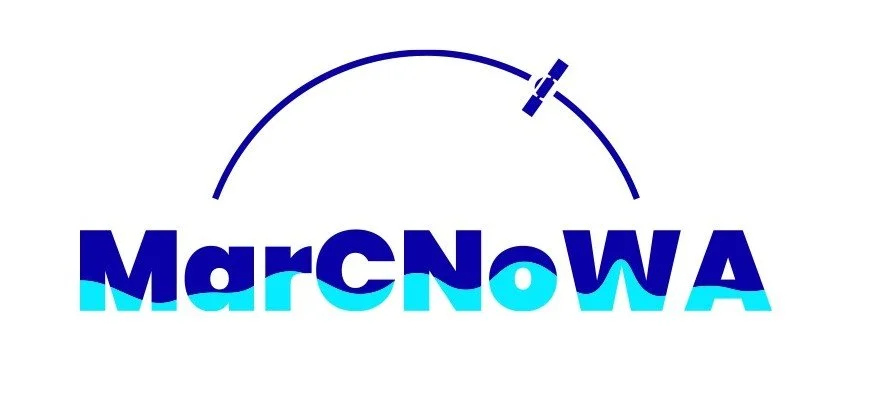Cross-Fertilization Collaboration between the University of Ghana and Centre de Suivi Ecologique: A Catalyst for Regional Sustainability
The recent joint workshop organized by the University of Ghana (UG) and the Centre de Suivi Ecologique (CSE) in Dakar, Senegal, from July 24th to 26th, 2024, marked a significant milestone in fostering inter-regional cooperation and cross-fertilization among consortia. This collaborative event, held under the Global Monitoring for Environment and Security in Africa (GMES & Africa) program, highlighted the importance of utilizing Earth Observation (EO) technologies to address environmental challenges and promote sustainable development.
Group of some participant at the Opening ceremony
Setting the Stage for Collaboration
The workshop brought together over 60 stakeholders, including representatives from national institutions, regional bodies, academia, and the private sector. Opening remarks from dignitaries and representatives from the African Union Commission (AUC), UG, CSE, and the Ministry of Environment and Sustainable Development of the Republic of Senegal, underscored the critical role of EO data in managing Africa's natural resources and emphasized the need for sustained collaboration between African institutions. Together the two consortia covers 23 countries and 25 implementing partner institutions.
Logos of the 25 Partners involved in the Action with the 23 countries covered (deep blue)
Highlights of the Workshop
The workshop featured extensive presentations on the progress of the GMES & Africa Phase 2 projects. Dr. Kwame Agyekum from UG provided an overview of the Marine and Coastal Areas Management in North and West Africa (MarCNoWA) project, highlighting its achievements in areas such as oil spill detection, ship monitoring, and fisheries management. Dr. Amadou Sall from CSE presented the Sustainable Management of Wetlands for Strengthening Food Security and Resilience of Ecosystems in West Africa (GDZHIAO) project, which focuses on sustainable management of wetlands and flood monitoring.
Participants engaged in thematic workshops on EO service delivery and uptake, where they were shown innovative products developed by MarCNoWA and GDZHIAO, including interactive web applications for monitoring oil spills and wetland dynamics. These tools provide accessible and actionable data to end-users, facilitating better decision-making and resource management.
A significant highlight was the session on cross-consortia cooperation. This session emphasized the importance of human capital development and the utilization of EO data for sustainable development. Discussions centered around capacity building, with participants proposing new strategies to ensure the sustainability of the trained workforce within the GMES framework.
Promoting Cross-Fertilization and Sustainability
One of the standout examples of cross-fertilization was the collaboration with CURAT, an institution that partners with both consortia. CURAT has been instrumental in promoting the creation of GeoGirls Clubs, which aim to empower secondary school girls in the field of EO technologies. Additionally, CURAT successfully organized two hackathons that brought together participants from various backgrounds to develop innovative solutions using EO data for environmental sustainability. These initiatives highlight the tangible benefits of cross-consortia collaboration and the potential for fostering a new generation of EO experts.
Section on Cross-Fertilization with CURAT
Expanding the Network
The workshop also highlighted the extensive network of partners involved in the two consortia, covering numerous countries across West Africa. The collaborative efforts span multiple sectors, including national institutions, technical services, universities, and regional bodies, all working together to maximize the impact of EO technologies. Below is the list of six regional or continental bodies that contributed to the successful workshop:
1. UEMOA - West African Economic and Monetary Union (Union Économique et Monétaire Ouest Africaine)
2. OMVS - Organisation pour la Mise en Valeur du fleuve Sénégal (Organization for the Development of the Senegal River)
3. FCWC - Fisheries Committee for the West Central Gulf of Guinea
4. UNEP - United Nations Environment Programme
5. UICN - International Union for Conservation of Nature (Union Internationale pour la Conservation de la Nature)
6. Wetlands International - A global organization dedicated to the conservation and restoration of wetlands
The joint workshop co-organized by UoG and CSE demonstrated the power of collaboration in advancing sustainable development goals. By leveraging EO technologies and fostering cross-fertilization among consortia, the GMES & Africa program is paving the way for a more resilient and sustainable future for Africa. The insights and recommendations from this workshop will undoubtedly contribute to the long-term success and impact of EO initiatives across the continent. The GMES and Africa Programme is co-financed by the African Union Commission (AUC) and the European Union (EU).



